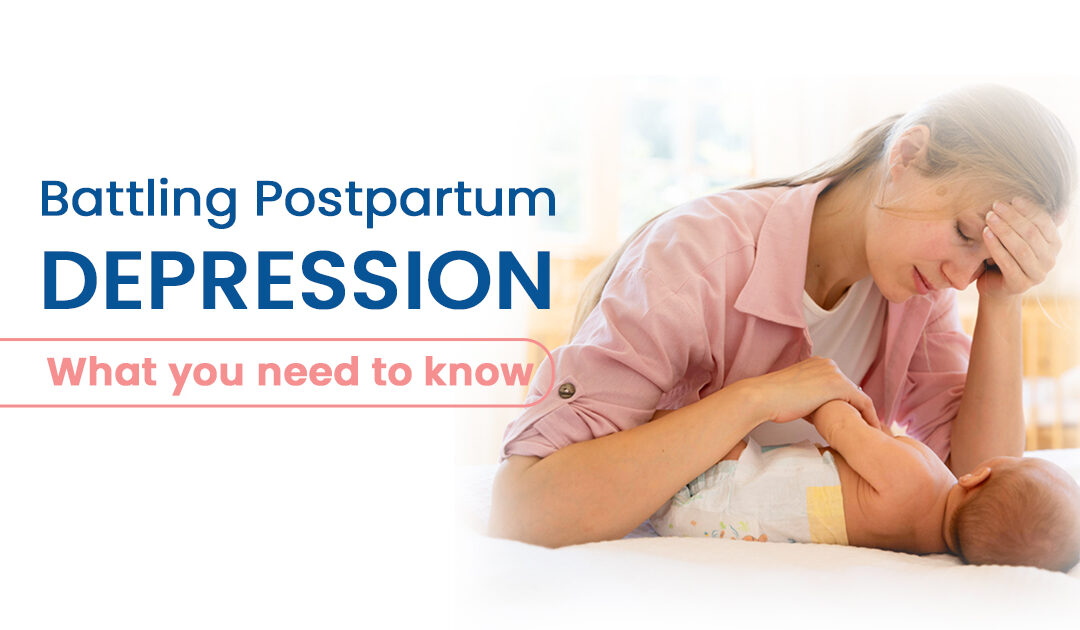The arrival of a new baby is a mix of profound emotions ranging from love and joy to frustration and nervousness. It’s normal to experience emotional fluctuations in the initial weeks and months after childbirth due to significant emotional and physical changes. However, for many, feelings of depression and anxiety can overshadow this celebratory phase.
Early Postpartum Emotions
Approximately two to three days post-birth, it’s common for new mothers to experience depression and anxiety symptoms. This includes unexplained crying, sleep difficulties, and doubts about caregiving abilities. While hormonal shifts, particularly in progesterone levels, contribute significantly, other factors like fatigue, breastfeeding challenges, and postpartum complications also play a role. Additional risk factors include:
– Previous mental health issues
– Biological causes
– Lack of support
– Difficult childhood experiences
– Experience of abuse
– Low self-esteem
– Stressful living conditions
– Major life events
Typically, these feelings subside within two weeks with robust support from family and friends.
Postpartum Depression: More Than Just Baby Blues
Distinguished from ‘baby blues,’ postpartum depression often occurs between two to eight weeks after childbirth, extending up to a year in some cases. It encompasses not just sadness, but intense anxiety, feelings of being overwhelmed, persistent crying, a lack of bonding with the baby, and self-doubt in caregiving capacities. Insomnia, even when the baby sleeps, is a significant indicator, highlighting a racing mind and anxiety.
Symptoms of Postpartum Depression
– Persistent sadness
– Loss of pleasure in usual activities
– Fatigue
– Poor concentration
– Low self-esteem
– Sleep disturbances
– Appetite changes
– Feelings of detachment from the baby or partner
– Thoughts of self-harm or harming the baby
Prevention Strategies
To mitigate the risk of postpartum depression, psychoeducation is crucial. This involves understanding mental health, stress management, and building a supportive network. Counseling interventions like cognitive behavioural therapy (CBT) and interpersonal therapy (IPT) are effective, especially for those with significant risk factors.
Self-Support Strategies
– Ensure adequate care and support at home, focusing on sleep and nutrition.
– Engage in psychotherapy like CBT or IPT.
– Consider medication after consulting with healthcare providers, especially concerning breastfeeding.
– Join peer support and advice groups.
– Practice self-kindness and manage personal expectations.
Partner Support
Partners play a crucial role in providing support:
– Ensure the new mother eats sufficiently and regularly.
– Help with personal care like bathing.
– Enable the partner to get enough sleep through shift sleeping.
Postpartum depression is a complex condition requiring understanding, support, and often professional intervention. Recognizing the signs and taking proactive steps can make a significant difference in managing this challenging phase of parenthood. Remember, seeking help is a sign of strength, not weakness.

